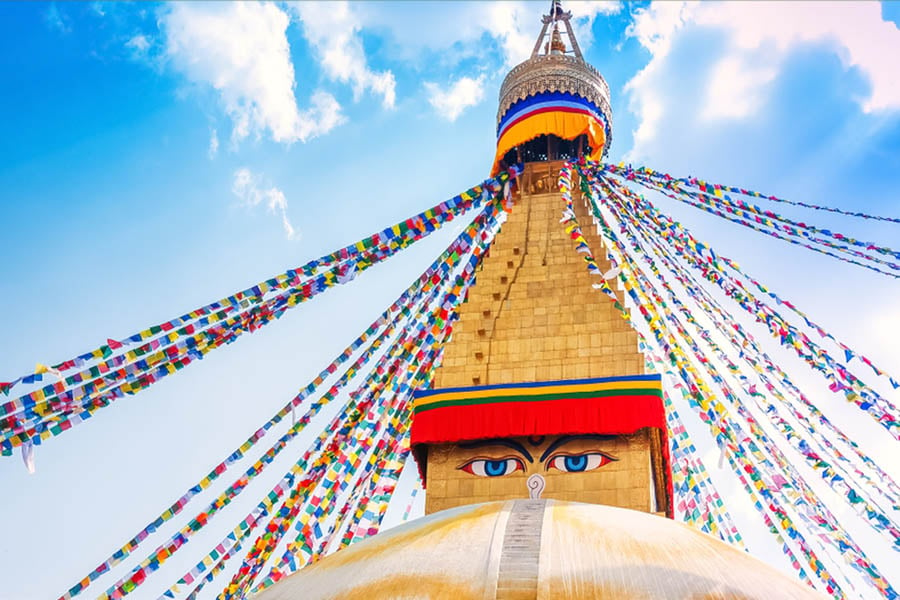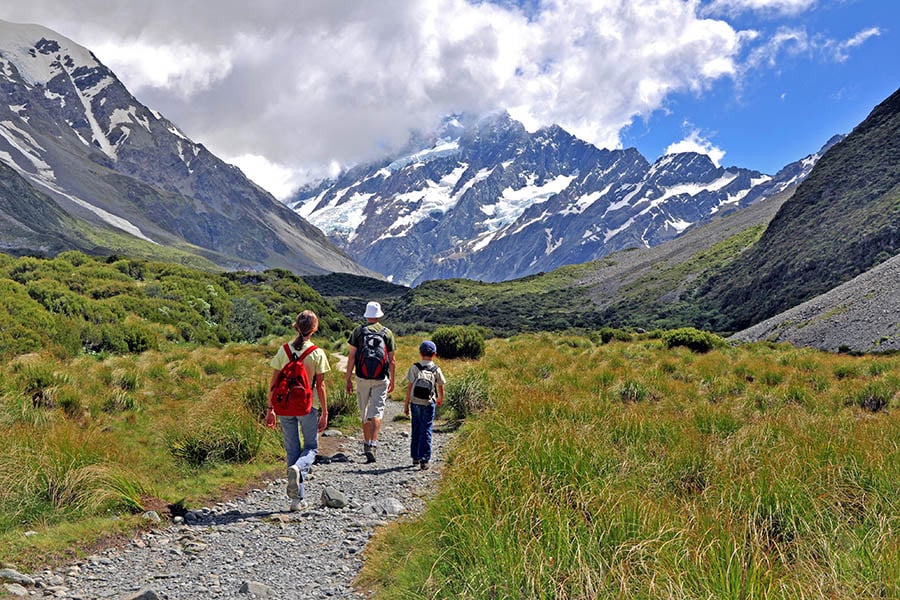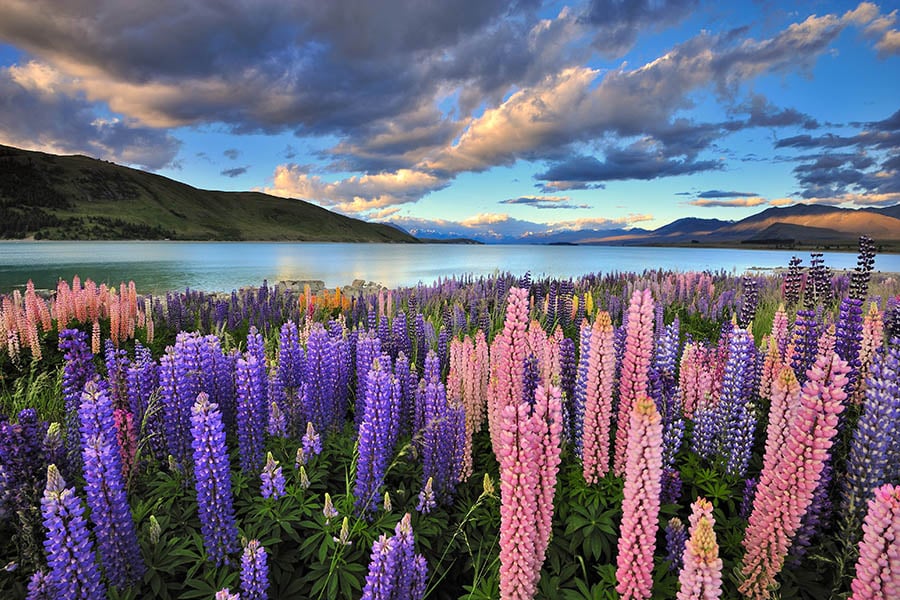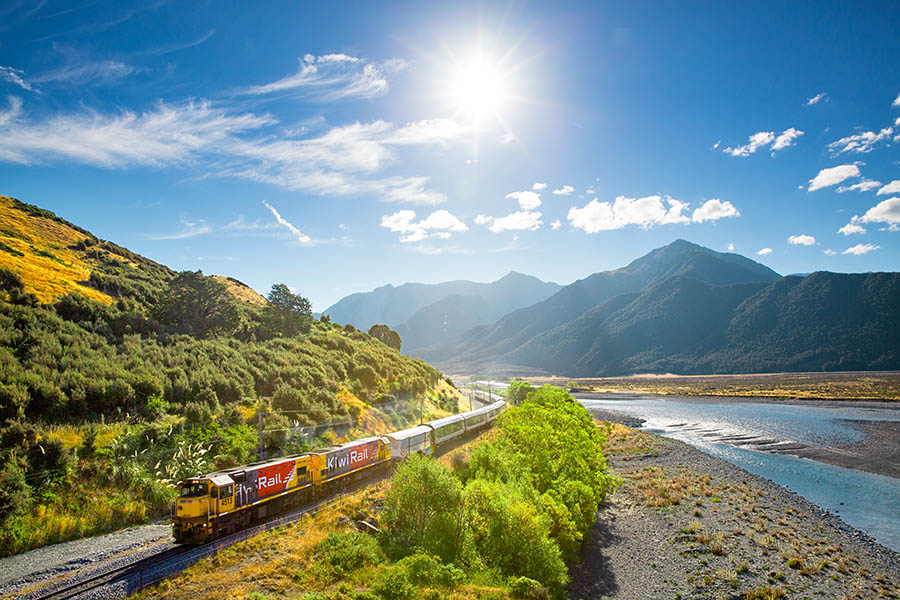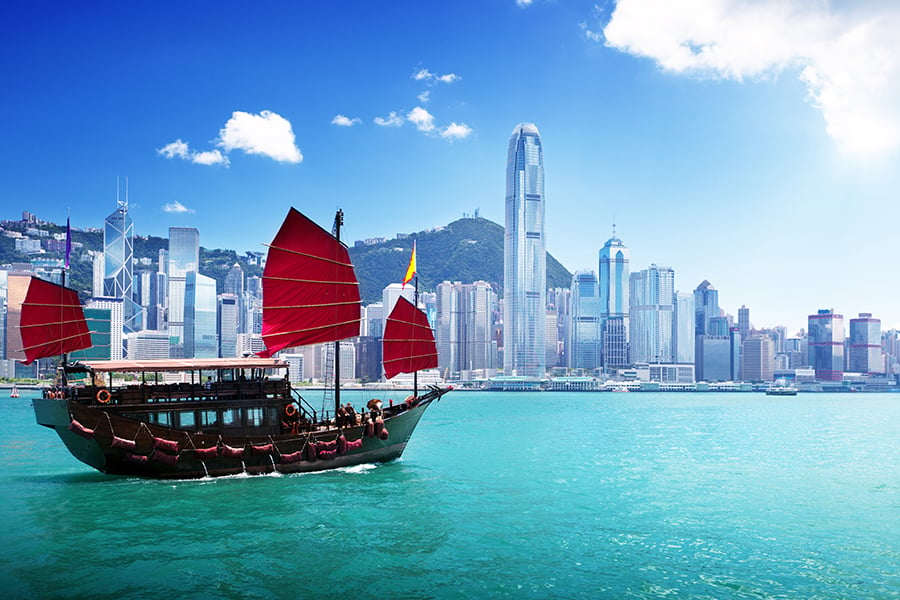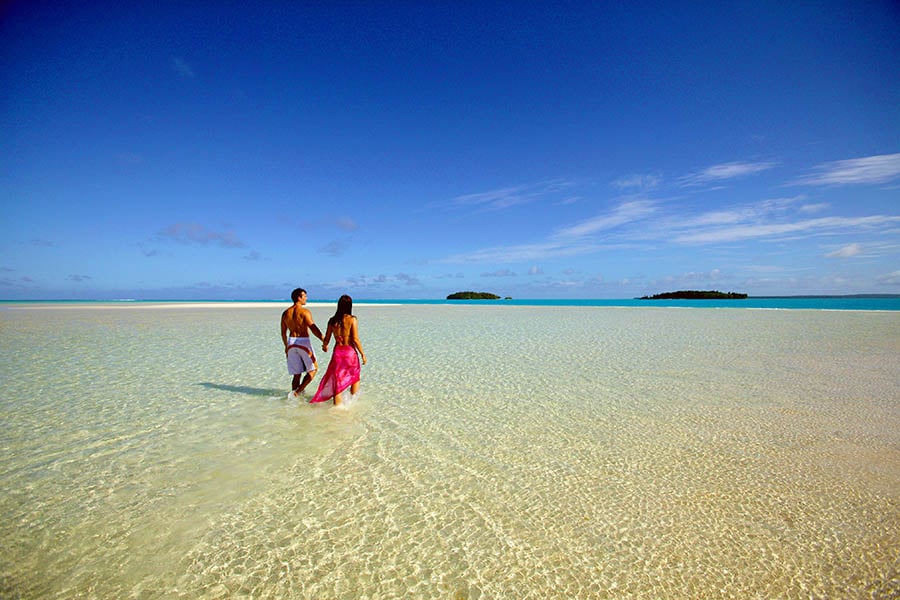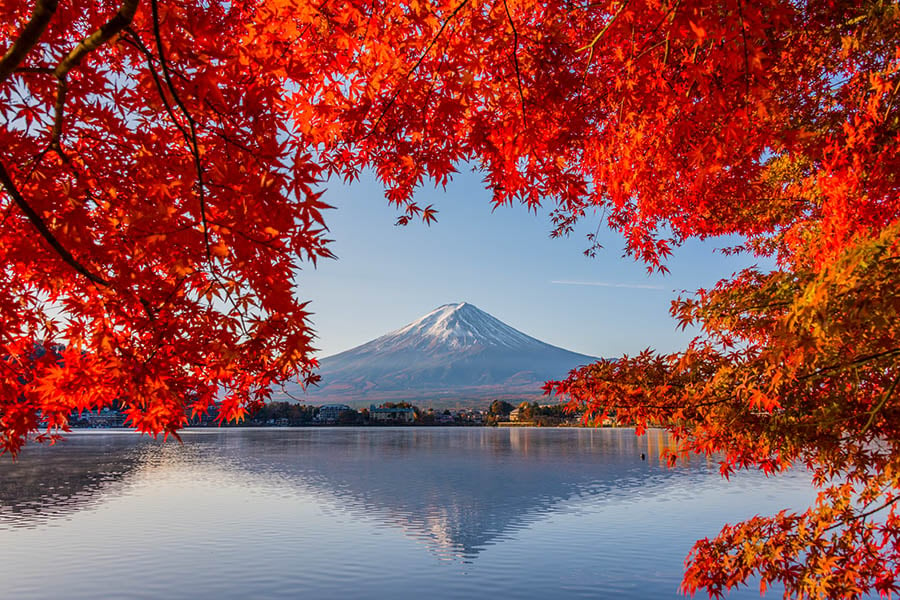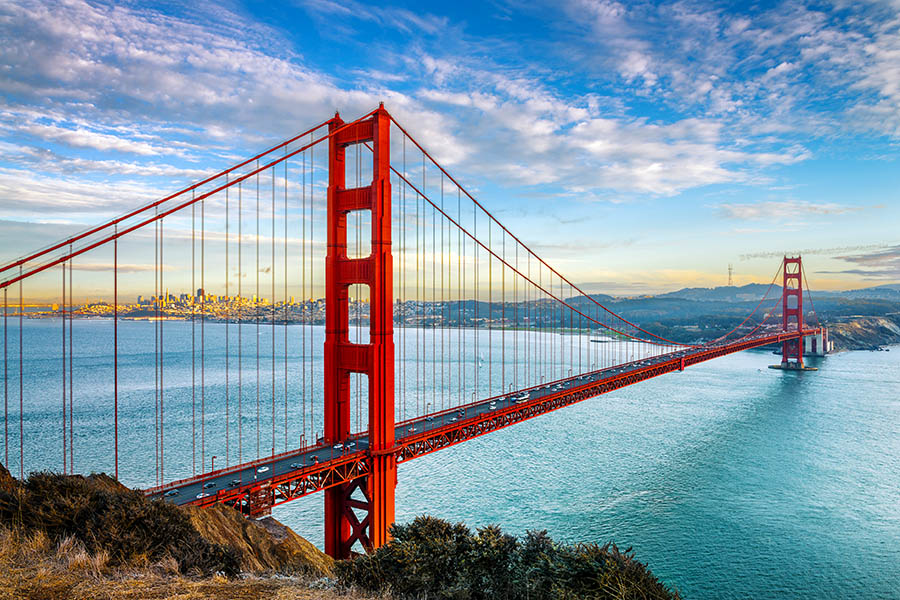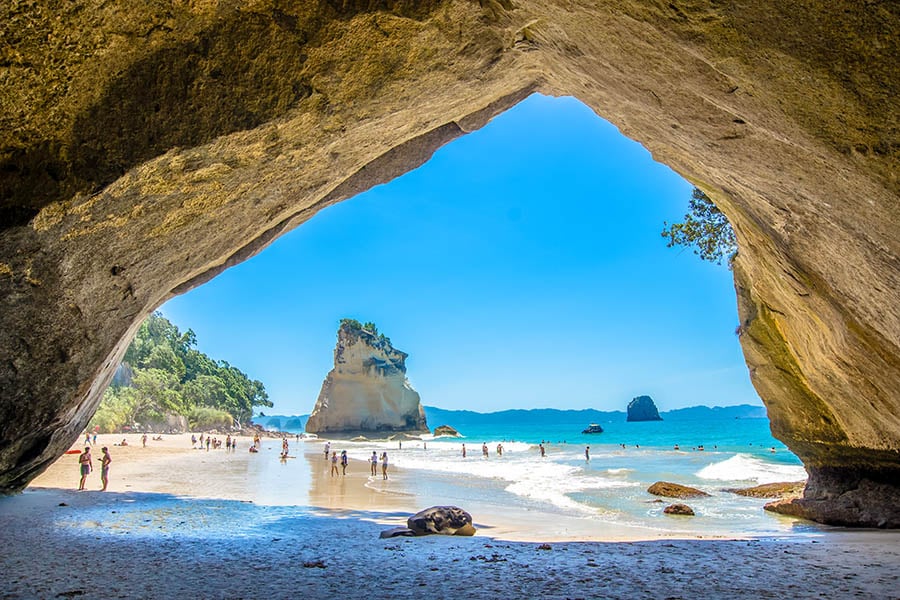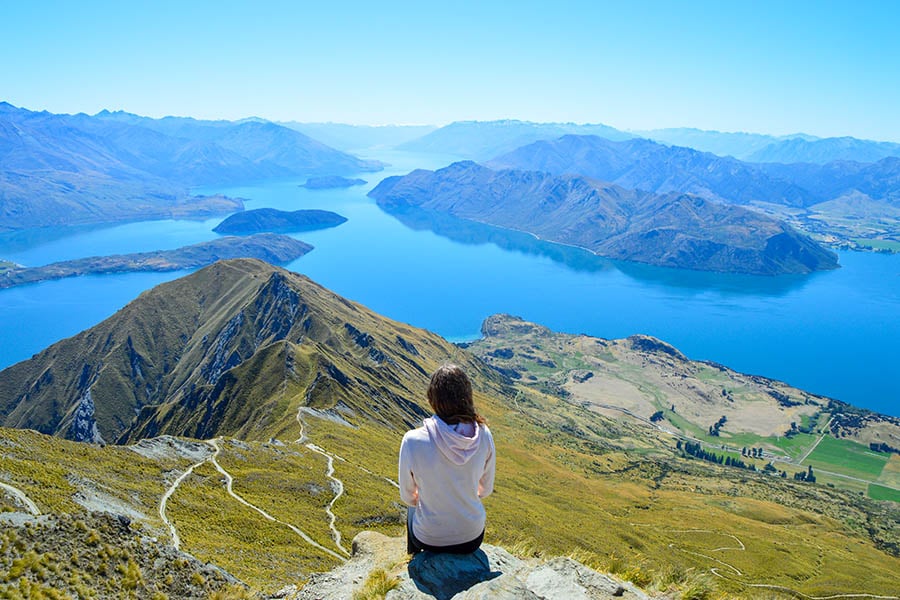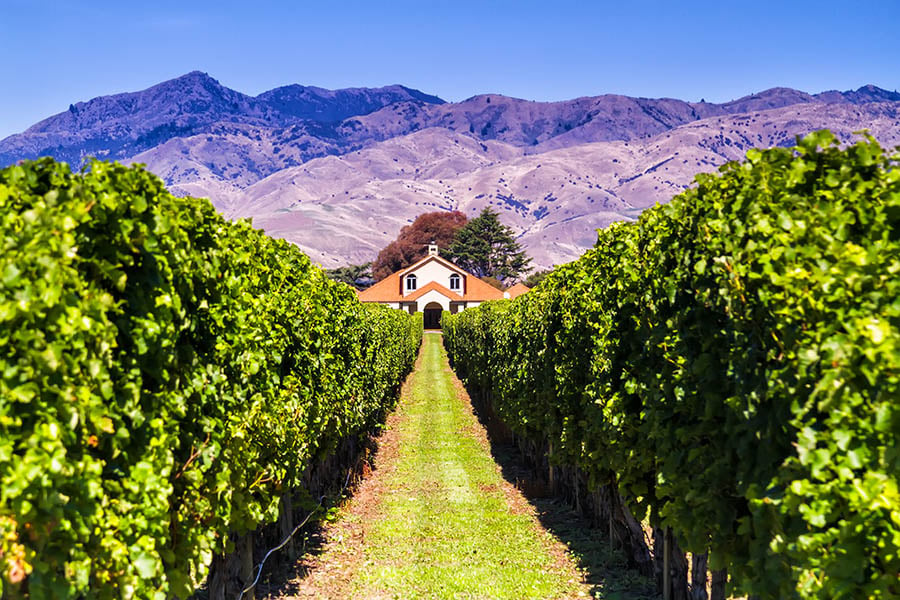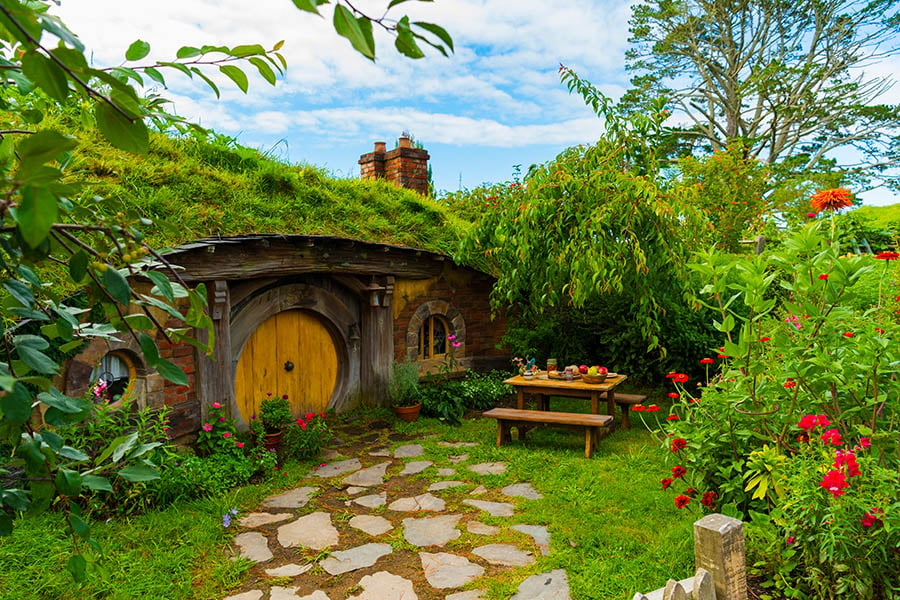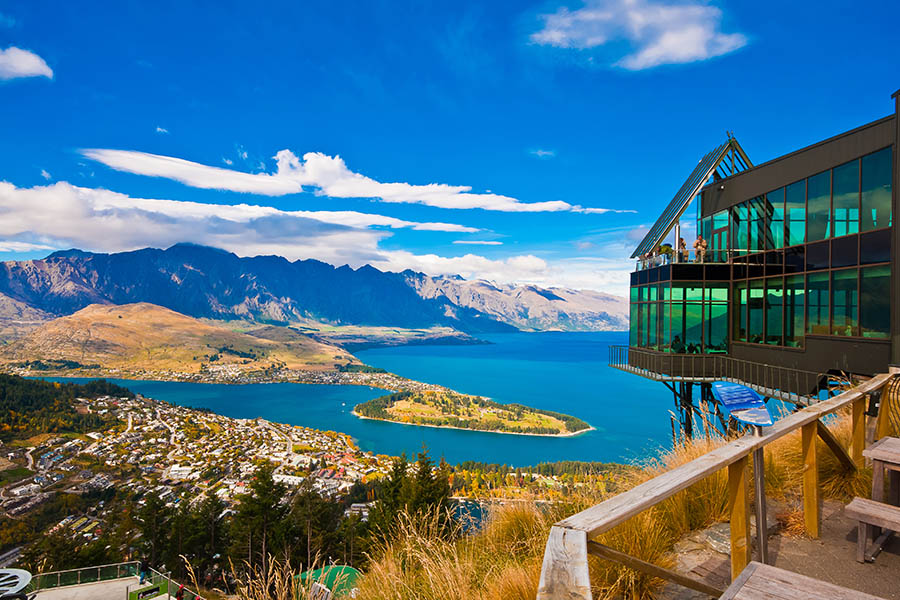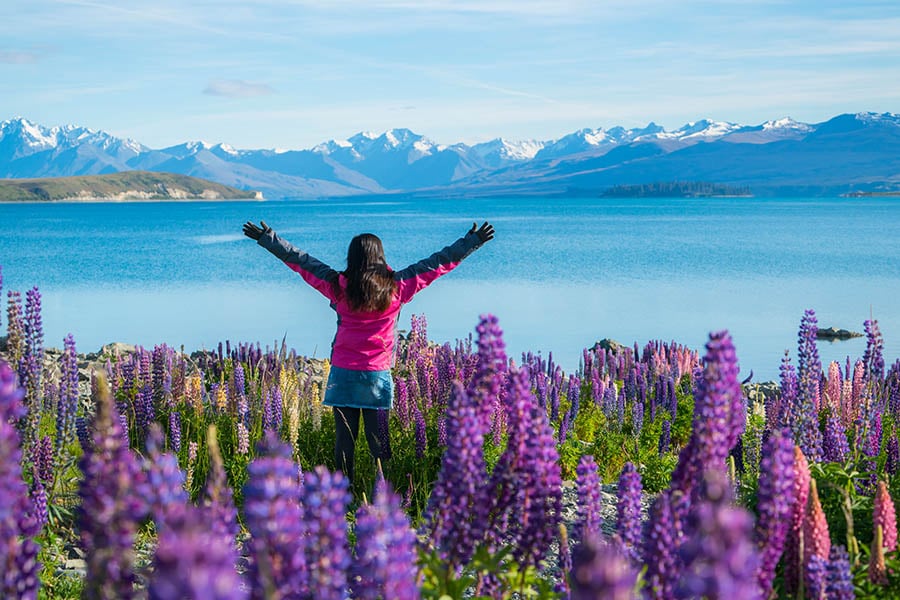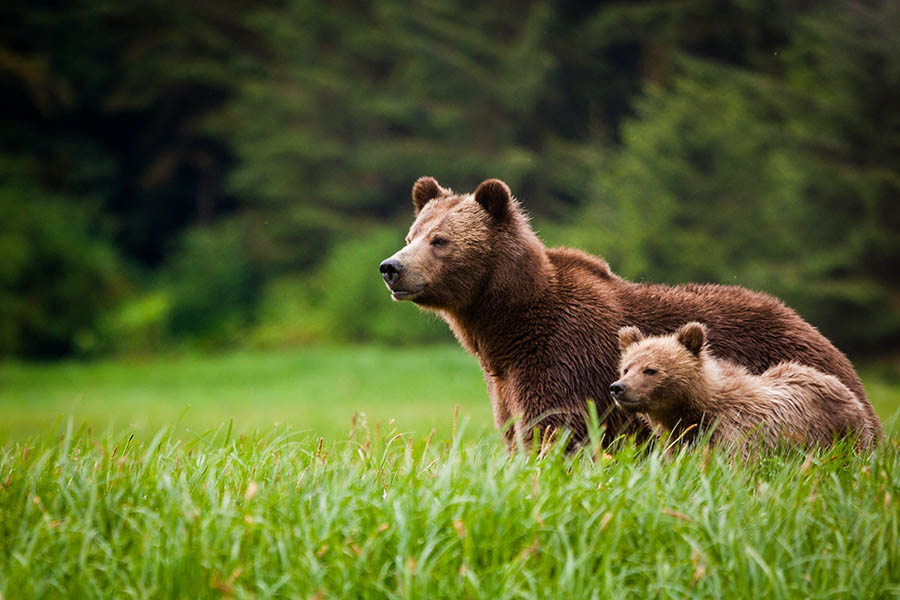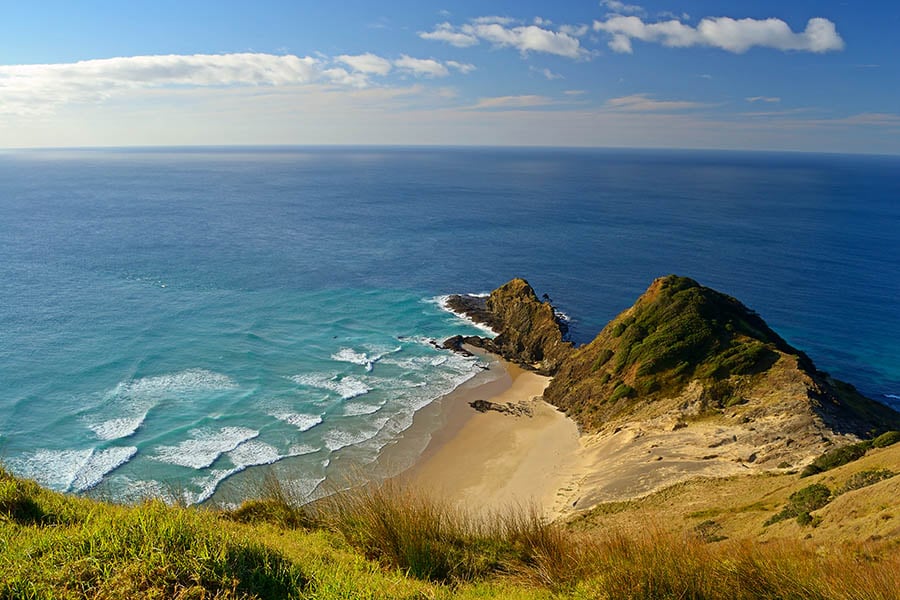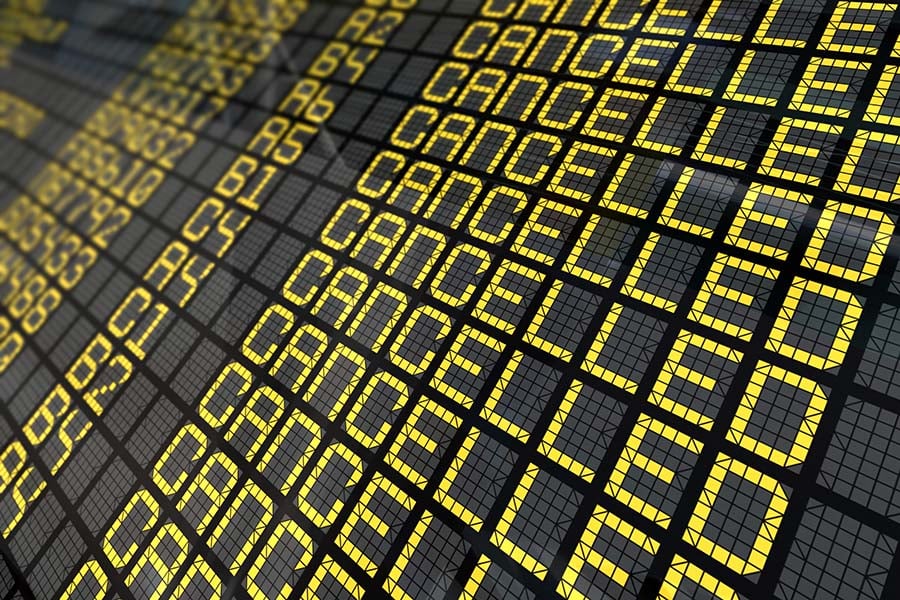Top tips for campervan hire New Zealand
If you're heading to New Zealand, the chances are you’ll want to travel around. You can join a tour, get a bus pass, hire a car or in some places take the train, but one of the most popular modes of transport down under is to hire a campervan.
I’ve taken one road trip in Australia and several in New Zealand. I jotted down most of these tips during our most recent campervan adventure; a nine-day trip around the top of the North Island of New Zealand. If you're looking into campervan hire in New Zealand - here are a few things to think about as you plan your trip and get on your way.
1. How to pick the right campervan for you
There’s always a trade-off between the ease of driving and the comfort in your vehicle when you stop. Everyone driving a luxurious six berth van would probably rather drive a smaller campervan and conversely, everyone overnighting in a small, two berth would rather the comfort larger vehicle. If you’re struggling to make up your mind on a camper van, start by making these decisions;
- Van size/berth
- Brand new model (all mod cons) or an older/cheaper model
- Manual or automatic transmission?

If there are more than two of you, check out the passenger seating arrangements. I would suggest avoiding vans with a lap belt on the back seat as these are uncomfortable on long drives. And for safety, if you're travelling with kids, ensure all seats have 3-point seat belts, not just lap belts. Some hire companies will fit bike racks on the back of their vans and hire bikes, which gives you extra freedom and makes popping out from your campsite to buy an emergency bottle of wine much more straightforward.
Many of us here at Travel Nation have taken our campervan trips, and we're well-versed in the different configurations, so we can source the perfect vehicle for you if you let us know your needs!
2. When pre-booking is highly advisable
It's worth remembering that hiring a campervan through an agent like us in the UK won’t cost you any more and can sometimes be cheaper than booking direct. We have no hidden loyalties to any van hire companies, so we will work to find the best possible choice for you.
Always book early if you're travelling in peak season
If you want to hire a campervan for travel during December, January or February, you'll need to book as early as you can because availability becomes pretty scarce in the Aussie/Kiwi summer season. Additionally, if you’re hiring a van in both Australia and New Zealand, discounts can apply if you book vehicles with the same hire company in both countries. Our travel consultants are familiar with all the rates and will make sure you get the best deal.
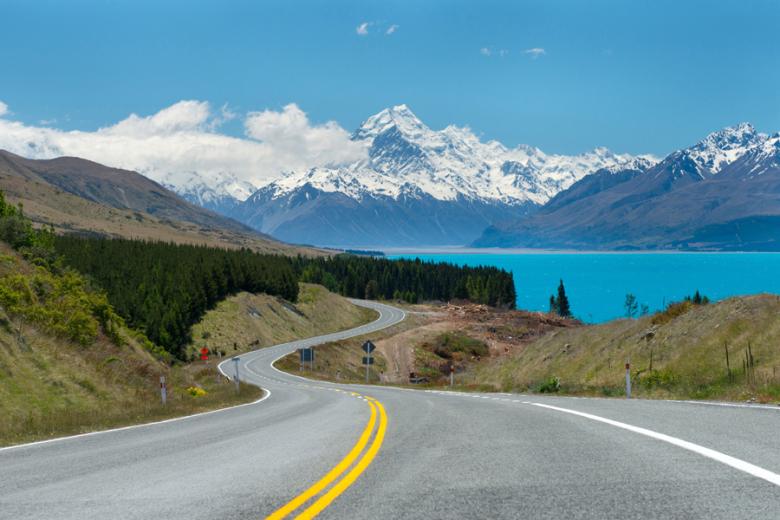
Book before you depart and lock in availability and price
We can quote and take payment for vehicle rental in GBP or EUR; then once you've booked, you’ll be protected against any subsequent exchange rate fluctuations. An added benefit to booking through an agent like us is that our ATOL license protects your money. If a campervan hire company were to go into liquidation after they’ve been paid, we will either refund you or book an alternative at no extra cost.
3. How to collect and return your vehicle
Most campervan depots are close to airports (but not often within walking distance). In New Zealand, we hired a Britz van, and like most suppliers, they offer a free airport pick up/drop off shuttle bus to drive you between the depot and airport.
Collecting
Be prepared that the process of collecting your campervan can take an hour or two, since you need to be acquainted with the features and functions of the vehicle like how to work the cooker, fridge, TV /DVD player, heater, shower, sink, toilet and batteries and how and where to empty waste water. A classic mistake on pickup is to assume your travel companion is the one taking it all in, and then find out later you can't recall how to work something!
You should also be aware of your jet lag before you drive as extreme tiredness can come on very quickly, making driving an unfamiliar vehicle unsafe. If you’re arriving in Australia or New Zealand from a long-haul flight (especially coming from Europe), we recommend staying at least one night in your city of arrival before picking up your van the next day.
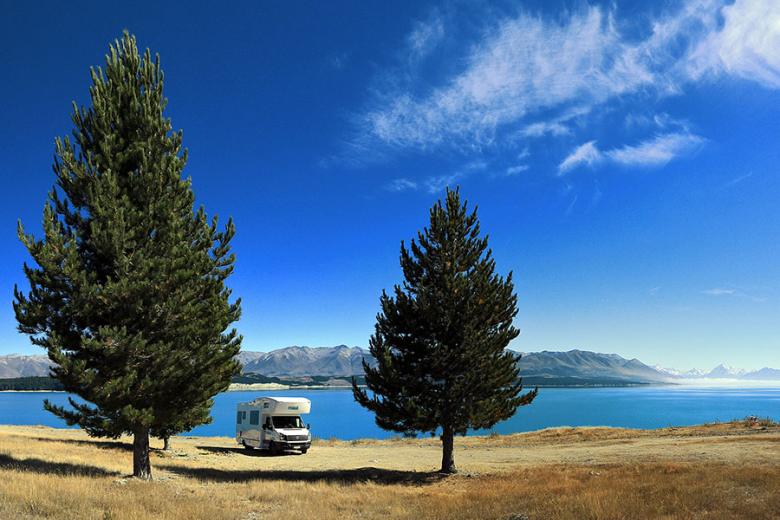
Returning
When dropping off your vehicle, there’s usually somewhere for unwanted food to be left for others to adopt (like cooking oil, salt and pepper etc.). On our last trip, we picked up a whole box of fruit and veg as well as other basics like rice, pasta, sugar and condiments. It’s like a country-wide game of ‘pass the parcel’ with food. The staff in the depot didn't initially tell us about this treasure trove, so it is always worth asking if they don't mention it.
4. How to plan your driving itinerary
In an exciting new destination, we all have the same dilemma: to see as much as possible in the time allowed or to take it slow and enjoy the ride?
If you allow as little as seven days to get from Cairns to Sydney or from Auckland to Christchurch, you won't see all that much, and the pace might feel like you're on a mission rather than on holiday! Even in New Zealand where you’re endlessly treated to incredible scenery wherever you drive, it’s easy to miss something amazing. If you drive past all those turn-offs for ‘scenic look-outs’, natural caves and places of historic or local interest, you’ll miss out on so much. Often it’s best to take things slowly and take it all in.
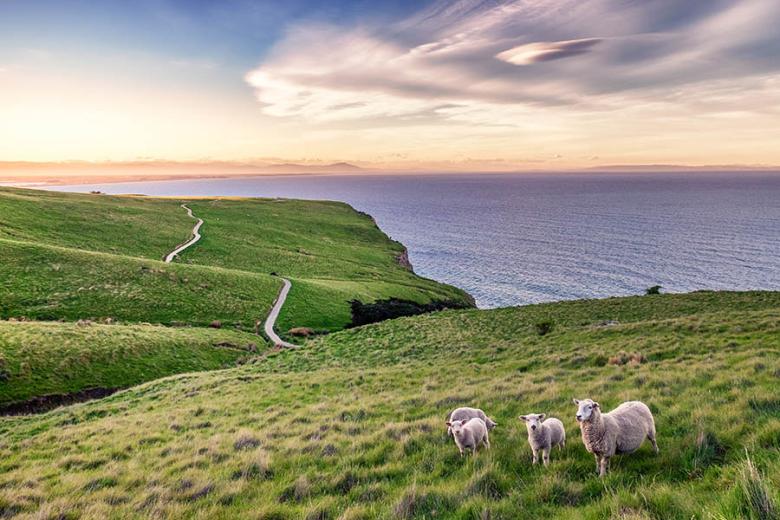
Similarly, don’t assume that you have to move on every day. If you arrive in a beautiful place with loads to offer in the late afternoon, consider staying there for an extra night to explore the area and give the driving a rest for the day.
5. Driving tips
It might seem like stating the obvious, but since campervans are bigger than cars, minor scrapes can happen easily. Unless you work on a farm or drive trucks for a living, you probably won’t be familiar with driving large vehicles. That's part of the reason why campervan insurance can see a bit pricey.
Take the insurance
For your peace of mind, I would seriously consider taking our the 'Zero Excess' insurance cover for your van. On a previous trip, sadly someone left a deep 2m long gash down the side of our van while we were away and didn't leave insurance details. I was very grateful to have followed the advice I have always give customers, meaning we weren't liable for the damage at all.
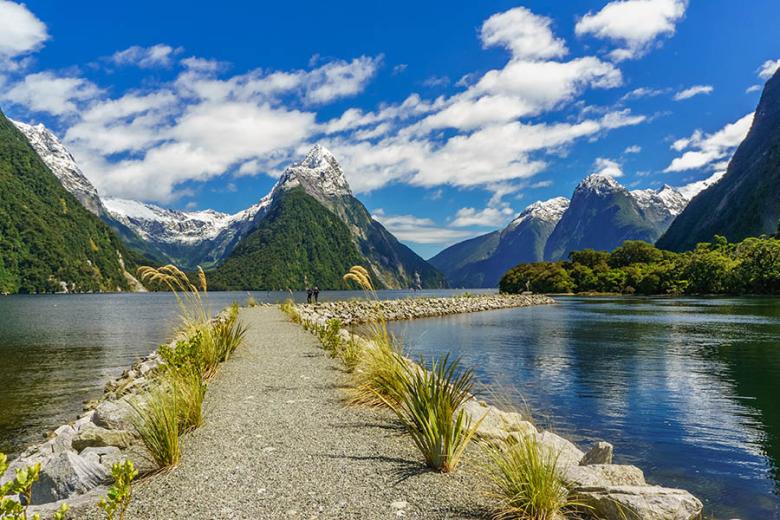
Parking is a breeze
You will be pleased to discover that parking, (even for the larger campervans) is nowhere near as much of a headache as it is in the UK or Europe. Outside of the cities where you'll spend most of your time, there's much less traffic in New Zealand and Australia, but parking in city centres can be a bit more challenging.
Swot up on driving etiquette
It's worth looking at www.DriveSafe.org.nz where you'll find relevant information about New Zealand road rules and etiquette, along with other useful links. The encourage drivers not to get behind the wheel until they have rested after their long flight, and highlight the fact that driving in New Zealand can take longer than expected due to narrow and winding roads with distractingly spectacular views around every corner!
6. Where to stay and finding campsites
Australia and New Zealand are so geared up for touring, so you'll find plenty of campsites. They vary from the super-slick sites with swimming pools, landscaped gardens, power hookups, TV and games rooms, a shop, internet room, Wi-Fi, laundry facilities, ultra clean bathrooms and kitchens with all mod cons - to basic sites, with facilities limited to a drop toilet. In New Zealand, the more basic sites are usually owned and run by the Department of Conservation (DOC), and they tend to be in the more stunning and remote locations.
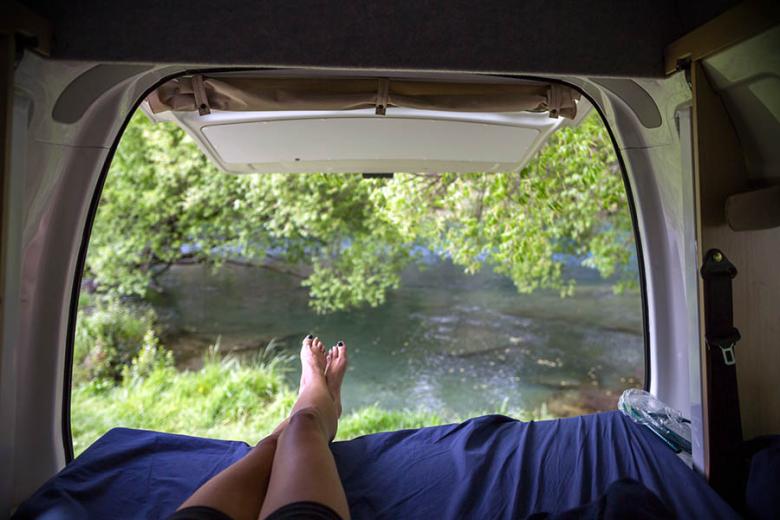
If you’re travelling in peak season (mid-December to the end of February), campsites start to fill up from mid-afternoon. Although part of the appeal of campervan travel is to go as you please, it’s worth ringing ahead to book if you do know where you are headed. Even if you only do this 30 minutes before arriving, you may still catch the last spot!
Price-wise, for a stay in a top-notch campsite for two adults, expect to pay around £20-£25 per night in total. DOC sites in New Zealand are much cheaper, and you pay your fee into an honesty box. Rangers pop by once in a while to maintain the sites and empty the boxes. Remember to pick up a free book with details of all campsites from the campervan depot.
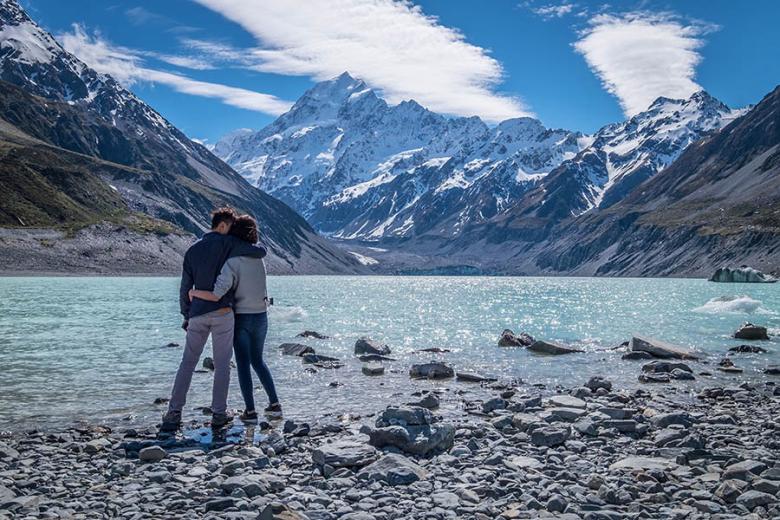
As you travel, you’ll become a bit of an expert in comparing campsites. Happily, most are well run, clean and provide all kitchen utensils, crockery, cutlery and a few condiments (so I recommend making the most of the communal kitchen when you can). Our favourite on this recent NZ North Island trip was Ahipara Holiday Park (jumping off point for 90 Mile Beach and Cape Reinga). Everything was spotless; it had a great communal space with a giant fireplace, free internet and even a well-tended herb garden. Campsites are also great places to have a natter with other travellers. Nothing beats talking to someone who just came from where you’re heading.
7. Finding other overnight options
It's good to know about an ingenious little scheme called 'Native Parks' that lets you park up at the home of a regular New Zealand family, free of charge! The pitch might be in a paddock on a vast sheep farm, in the driveway of a cosy cottage, even in the car park of a local business. One of Native Parks' aims is to draw visitors to different regions and out-of-the-way rural areas, to show off local food, drink or attractions that most tourists would otherwise miss.
The range of locations is enormous, and the only thing they share in common is that they aren't regular campsites. They only accept fully self-contained vans, and it costs about £40 to become a member of the scheme.

8. How to maintain your campervan
There are a couple of routine jobs that need doing to your campervan. The main task is getting rid of waste.
Emptying the loo/wastewater
Most campsites have ‘dump stations’, but you’ll also see dump stations signposted at other public places, like in the corner of car parks. Chemical toilets empty into self-contained cassettes about the size of a pillow that can last for a few days. To drain them, you open a hatch on the side of the van, slide the cassette out and put the end into the hole in the ground. Fortunately, this isn't a particularly dirty or smelly job.
If you have a shower, it is dumped in the same place via a hose that attaches to your van. You have to remember of course to fill your van up with water. Empty the ‘grey water’ (waste from the sink and shower) every day that you have access to a dump station. If you leave it a few days, it can get pretty smelly. Emptying it regularly also reduces your van’s weight/fuel consumption.
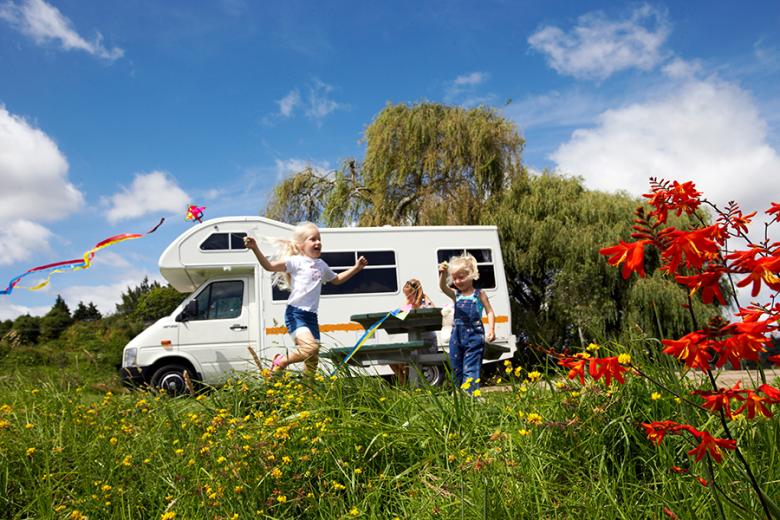
Changing the gas bottles
For most trips, a full gas bottle will be sufficient for the duration of your hire period. It’s becoming increasingly common for van hire companies to offer packages where your gas bottles can be returned empty. If your rental agreement does require you to fill your gas bottle when you return the van – it’s cheaper to fill up at a garage (where they will do it for you) than to fill up at the depot.
Don’t worry if you forget how to do something – you’ll be provided with a helpline to call. Vans with DVD players often come with a DVD instruction guide. If all else fails, you will undoubtedly be able to find someone at a campsite who can help you.
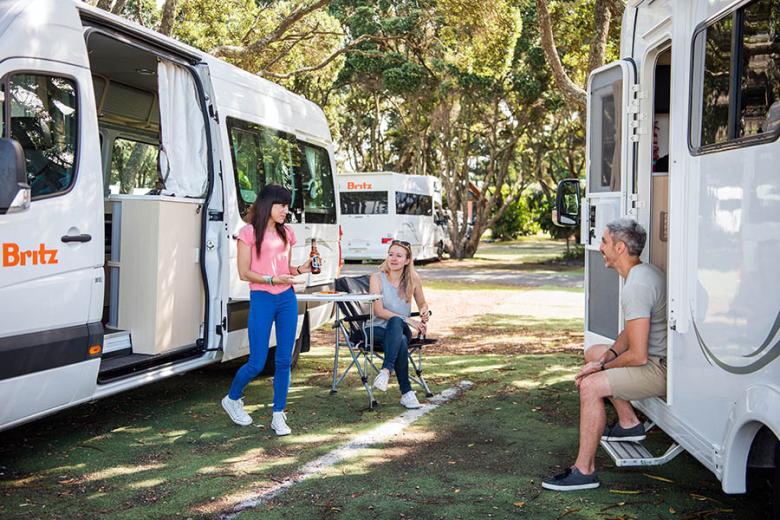
9. Cooking and eating on the road
If you like a bit of control over what you eat, campervanning is definitely for you. You’ll be able to prepare your meals at a time and place of your choosing and of course much cheaper than eating out every day in a cafe or restaurant. Eating a cooked breakfast when free camping in some remote spot with no-one else around was always my favourite. The beauty of campervanning is that you eat out when you choose to.
One thing I would say is don’t aim to be completely self-sufficient. If you go for a mix of preparing your own food and eating out, it is more likely that all of your meals will feel like a treat!
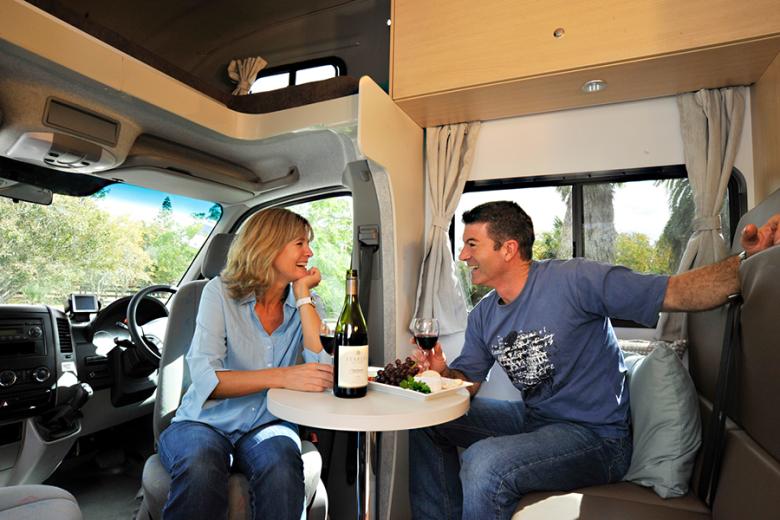
10. "Camperaderie"
As a final tip - don’t forget to wave to passing campervans from the same brand as yours!
Interested in a New Zealand campervan hire?
If you like the sound of planning a road trip to New Zealand, Australia or the USA, call us on 1273 320 580 or get in touch with us. We’ll advise you on the best campervan for your budget and needs.
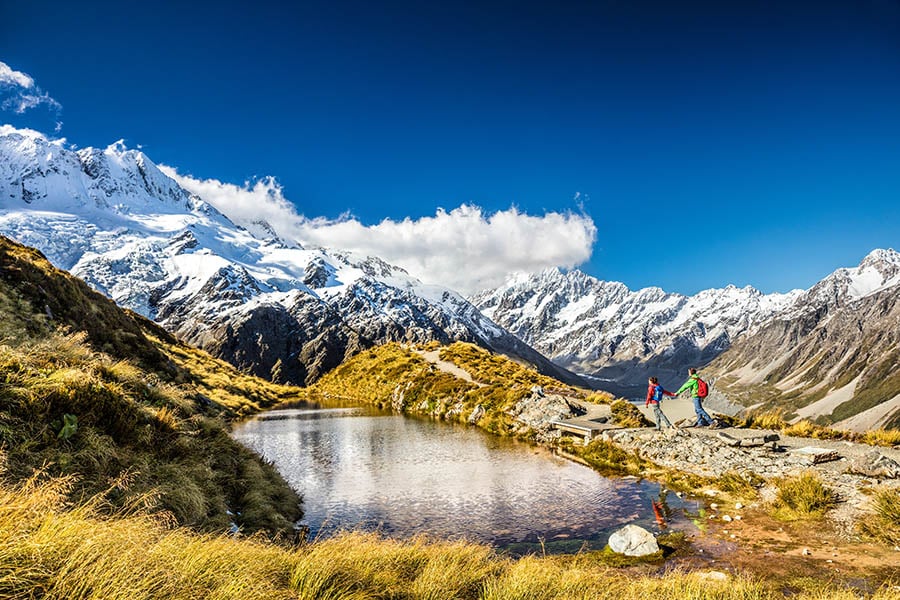
5 Route ideas for your New Zealand road trip

David Taylor
Senior Travel Consultant
at Travel Nation
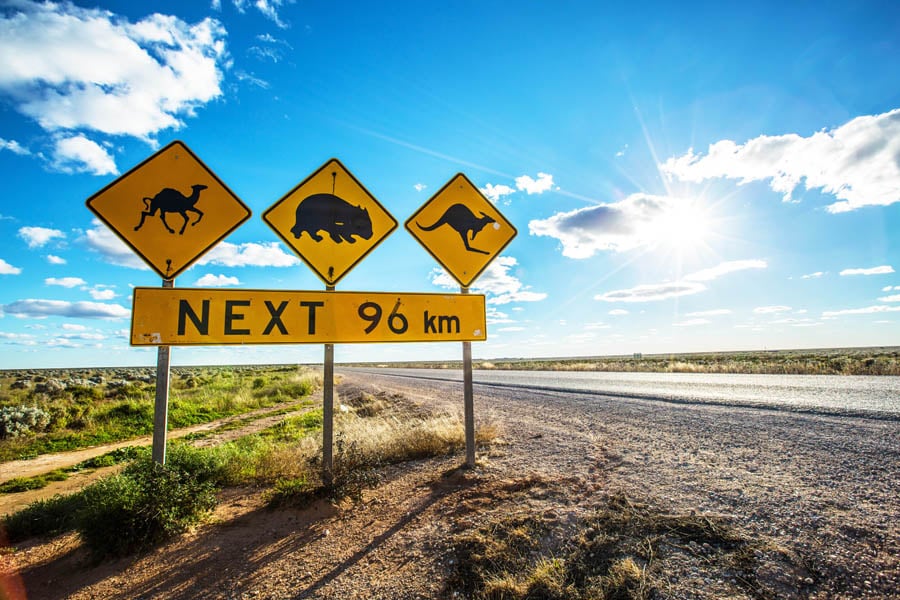
Month by month: the ultimate road trip route planner
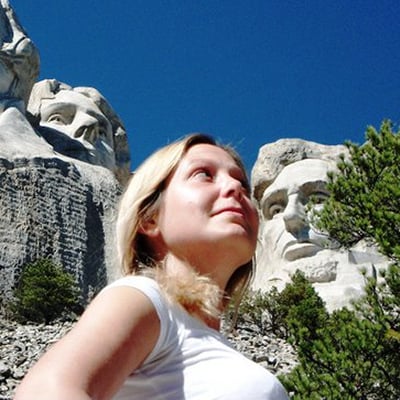
Bryony Dunn
Marketing Manager
at Travel Nation

12 Unusual stopovers to Australia and New Zealand

Bryony Dunn
Marketing Manager
at Travel Nation

About the author Haydn Wrath
MD
After uni, Haydn caught the travel bug and spent several years on the road discovering every continent including a spell working in Japan and Australia. Eventually, he realised that a job in travel would let him earn money for doing what he loved; travelling. After several years as a manager in travel sales, he started Travel Nation in 2001 and hasn't looked back. Haydn is currently enjoying life with his family in New Zealand and making trips back to the UK to visit the Travel Nation team whenever he can.
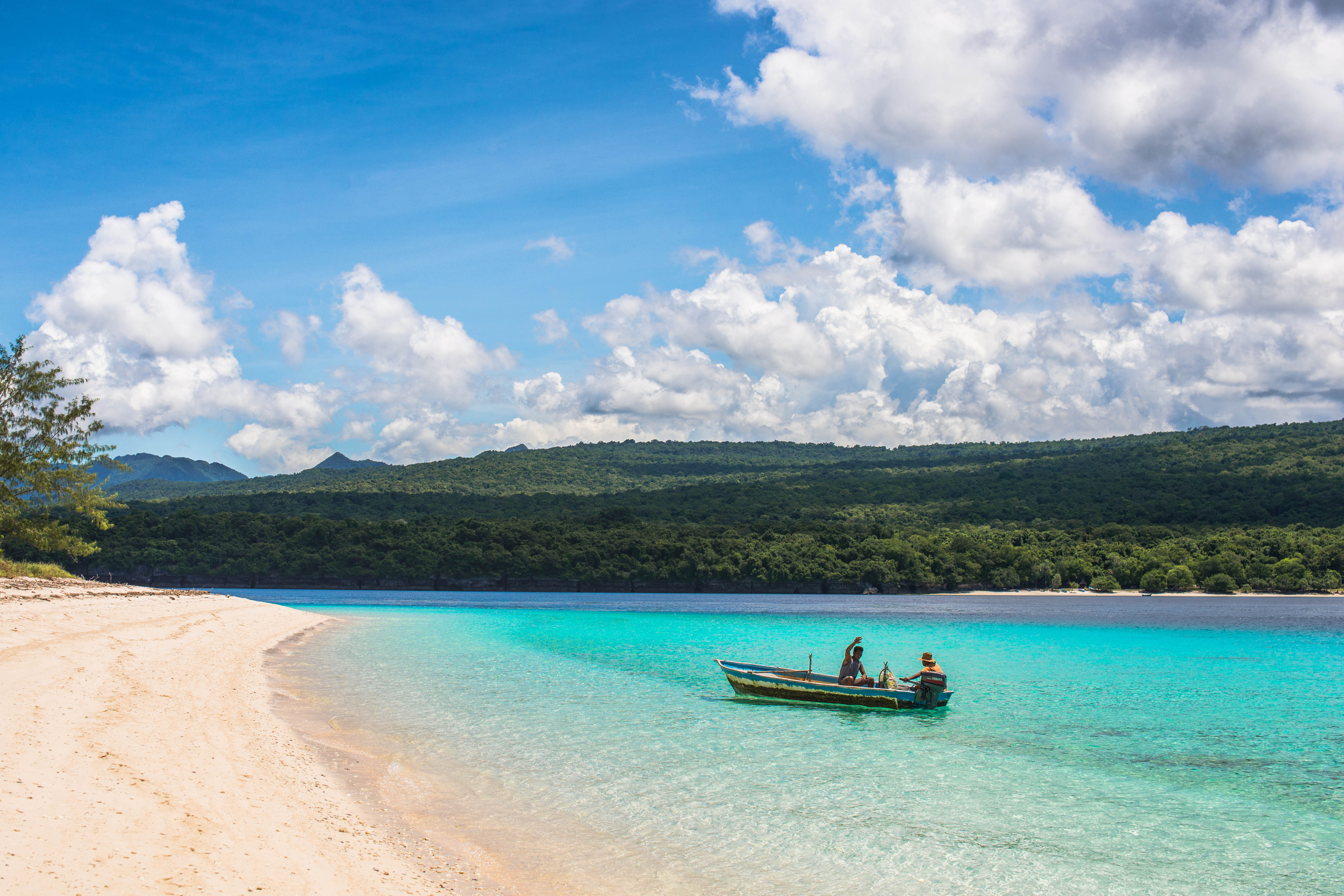
Last trip:
Timor-Leste